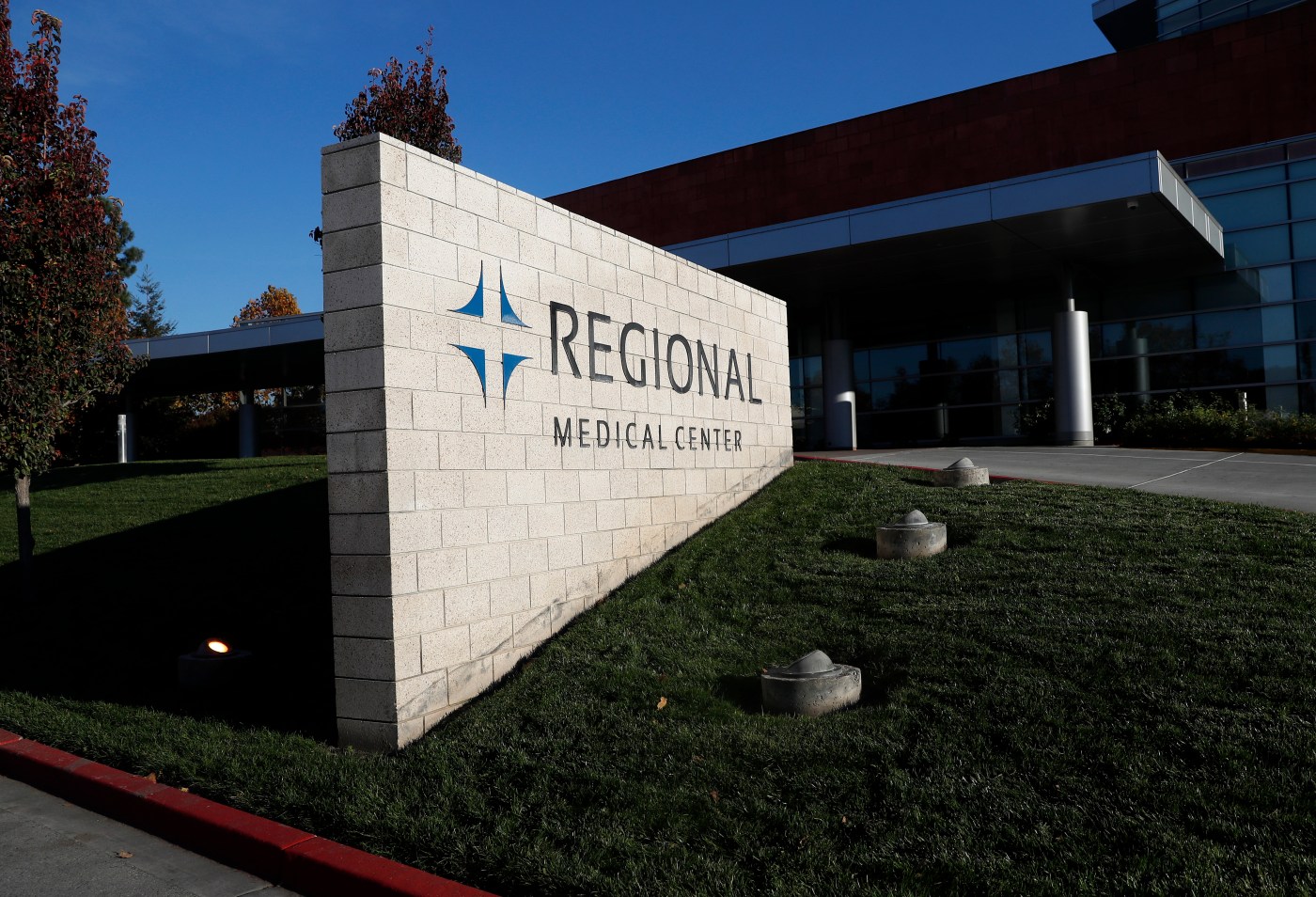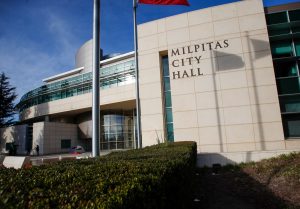SAN JOSE — Santa Clara County officials, doctors and community members are imploring the state to intervene in HCA Healthcare’s decision to close Regional Medical Center’s trauma center and other life saving programs later this year — a move they say will lead to more deaths and worse outcomes for patients.
In February, HCA alerted the county of its plans to close Regional Medical Center’s level two trauma center, its STEMI program that treats patients suffering cardiac arrest and downgrade its stroke program on Aug. 12. The closure will leave residents in the eastern part of the county without a Comprehensive Stroke Center and San Jose will have fewer trauma centers than any other comparably sized city in the nation, according to county officials.
The Santa Clara Valley Healthcare System — California’s second-largest county-owned health and hospital system with one million patient visits annually — is expected to bare the brunt of the impact at a time when the county is facing a $200 million structural deficit. At a Tuesday meeting, the Santa Clara County Board of Supervisors pleaded for the state to step in and deny the closure.
“They have a pattern and practice of taking advantage of the community already,” Supervisor Cindy Chavez said, referencing HCA’s decision to close the downtown San Jose Medical Center in 2004 and shutter Regional Medical Center’s maternity ward in 2020.
County officials and top doctors in the county healthcare system accuse HCA of putting the bottom line above patients. HCA is the largest for-profit hospital chain in the country and reported $17.3 billion in revenues in the fourth quarter of 2023 — up from $15.4 billion in the fourth quarter of 2022.
A spokesperson for HCA did not respond to a request for comment.
“Make no mistake about it, this is about margins and profits, not about responsible healthcare,” Santa Clara Valley Healthcare System CEO Paul Lorenz said.
Regional Medical Center serves about 2,450 trauma patients a year, which is roughly a fourth of all traumas in the county. County officials said Tuesday that about 30% of those traumas will now be shifted eight miles away to Valley Medical Center — one of two Level I trauma centers in the county that treats the most severely injured patients. The other Level I trauma center, Stanford Hospital, is located 27 miles away from Regional Medical Center.
The closure is expected to lead to longer ambulance transport times for residents in the East San Jose neighborhood surrounding the hospital. The county anticipates an increase in 20 to 25 minutes for transport times in ideal traffic conditions.
“The difference between surviving 15 minutes later with a heart attack intervention, with a trauma intervention, with a stroke intervention can be the difference between eating but not talking,” said Sarah Rudman, the deputy public health officer for the Santa Clara County Public Health Department. “Or talking but not being able to walk again, or being able to survive and make it home but never be an income-earner for your family again.”
The hospital’s decision to close the trauma center and key stroke and cardiac programs illustrates the growing racial and ethnic health disparity between East San Jose residents and those living in the wealthier western parts of the county. About 63% of Santa Clara County’s Hispanic population lives within Regional Medical Center’s service area.
“Whether or not it was their intention to be discriminatory, the effect of their action has an absolutely racially discriminatory impact,” Board President Susan Ellenberg said.
Gabriel Hernandez, the director of the Si Se Puede Collective, expressed his frustration to supervisors on Tuesday, telling them that the hospital had saved his brother’s life years ago when he was in a motorcycle accident.
“We’re used to being put on reservations, we’re used to be redlined and now you’re telling me the hospital is going to flatline us?” Hernandez said. “How do I go back to our community and tell them that this is acceptable?”
The county is expected to submit its case to deny the closures to the California Department of Public Health on Friday. County officials said if the state does deny HCA’s request that it would be a first.












